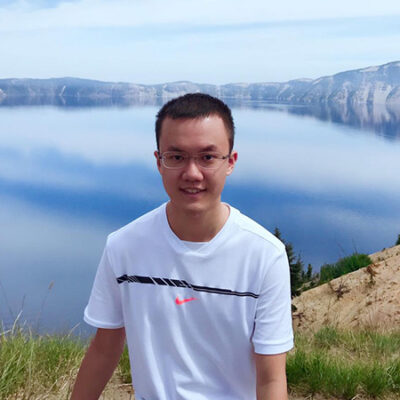Baichuan Huang
High Resolution Optical Scanning of Historical Sound Recordings
In 1877, Thomas Edison recorded and reproduced sound for the first time in human history. From then to 1950s, most recorded sound was lodged onto cylinder surfaces made by foil, wax, or plastic. To play an audio record, a cylinder is put in contact with a needle on a phonograph. However, because the needle slightly damages grooves on cylinders every time they rotate, most cylinders cannot be played after many rotations on phonographs. The goal of my research is thus to recover the sound stored in the cylinders made in 1910s to 1940s, which mainly come from the collection of Hearst Museum of Anthropology. A large number of these cylinders store the songs of native Californian tribes in their own languages, which are presently very rarely used or recorded. After processing, we provide the audio files recovered from these cylinders to the Linguistic Department, where linguists can analyze these minor languages. Correspondingly, my role in the project is to develop a processing software, WEAVER, which allows multiple plug-ins to process optical images. These plug-ins separately load the images, track the grooves, clean the cracks, and generate audio files. When applying to different recordings, researcher can choose suitable plug-ins to process them. In this way, I wish to produce audio files with high quality.
Message To Sponsor
The summer research at Berkeley was very rewarding for me, and I am deeply grateful that my contribution to research has been recognized. I had the opportunity to work with faculty and improve my programming skills. Thanks for your support!